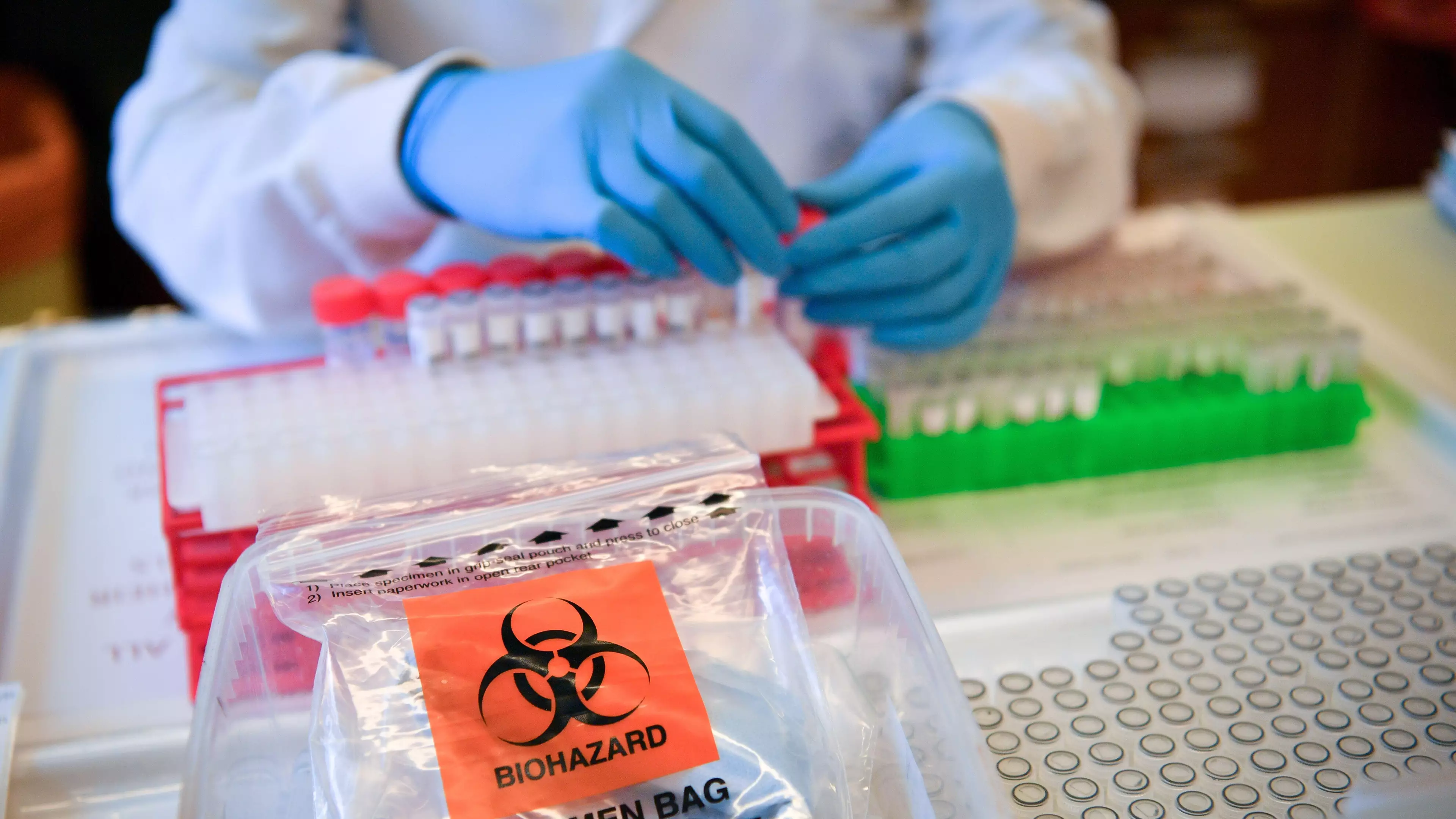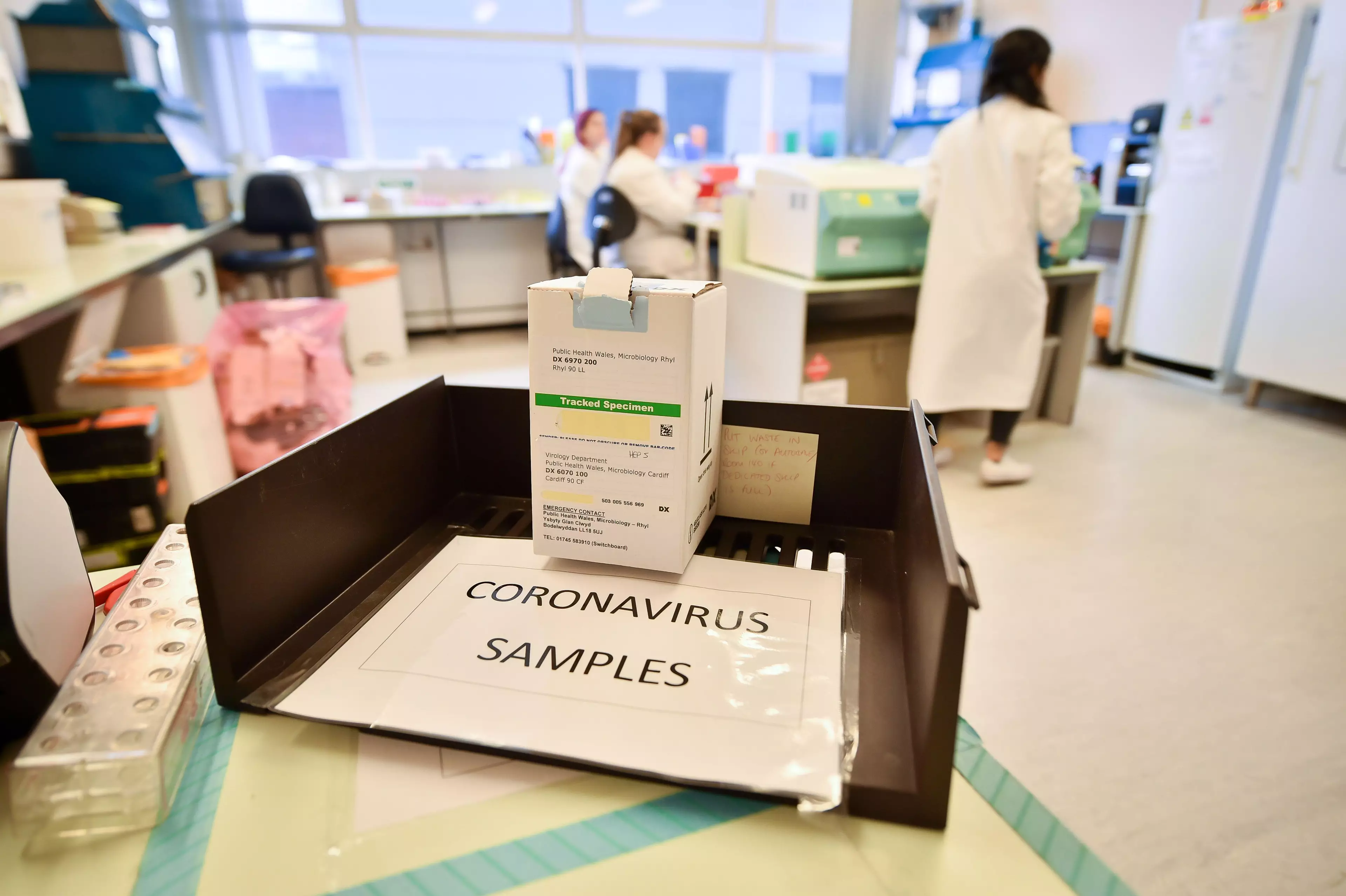
Scientists have detected a new variation of the coronavirus in Africa that has dozens of mutations from the original virus that was first detected in late 2019.
According to the Guardian, the B.1.1.529 variant was first found in Botswana and it has since spread to two other countries.
It has 32 mutations in the spike protein, which could cause issues for people who are vaccinated.
Advert
The spike protein is the part of the virus that the vaccine will use to get your immune system ready for an incoming virus.

If there are loads of mutations in a virus then your immune system might not recognise it as well compared the original strain on which the vaccine was designed.
In other words, your vaccinated body might not be able to fight it as well.
Advert
Imperial College London virologist Dr Tom Peacock shared his findings on a genome-sharing website, where he said the 'incredibly high amount of spike mutations suggest this could be of real concern'.
There have only been 10 cases of the B.1.1.529 variant detected so far, however they've been recorded in Botswana, South Africa and Hong Kong.
Dr Peacock is worried 'this might be more widespread than sequences alone would imply' and that 'the extremely long branch length and incredibly high amount of spike mutations suggest this could be of real concern'.
Advert
He added that the strain could 'be worse antigenically than nearly anything else about', including the Delta variant, which has wreaked havoc all across the globe.
While the virologist said the situation 'very, very much should be monitored due to that horrific spike profile', he's hoping it turns out to be an 'odd cluster' that doesn't seem too many transmissions.
Dr Meera Chand, the Covid-19 incident director at the UK Health Security Agency, said they are keeping an eye on all the variants that come to light and they'll be looking into this one.

Advert
"As it is in the nature of viruses to mutate often and at random, it is not unusual for small numbers of cases to arise featuring new sets of mutations. Any variants showing evidence of spread are rapidly assessed," she said.
Ravi Gupta, a professor of clinical microbiology at Cambridge University, has been studying the 32 mutations of B.1.1.529 and discovered two of them are more infectious than the original virus.
They also found this new strain has reduced antibody recognition when it comes to vaccine effectiveness.
He said: "It does certainly look a significant concern based on the mutations present.
Advert
"However, a key property of the virus that is unknown is its infectiousness, as that is what appears to have primarily driven the Delta variant. Immune escape is only part of the picture of what may happen."
Featured Image Credit: AlamyTopics: News